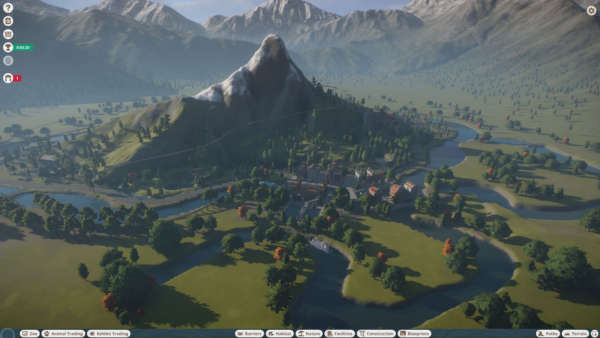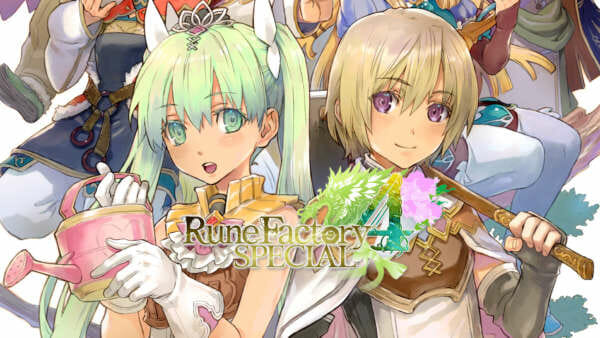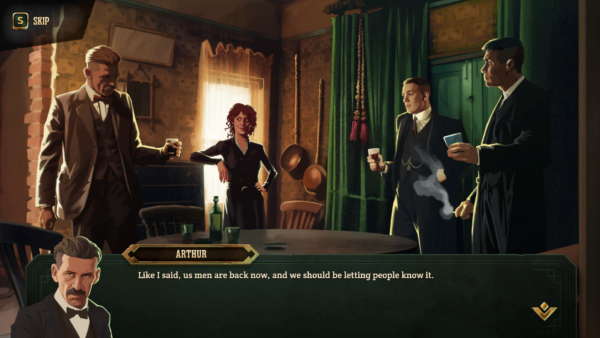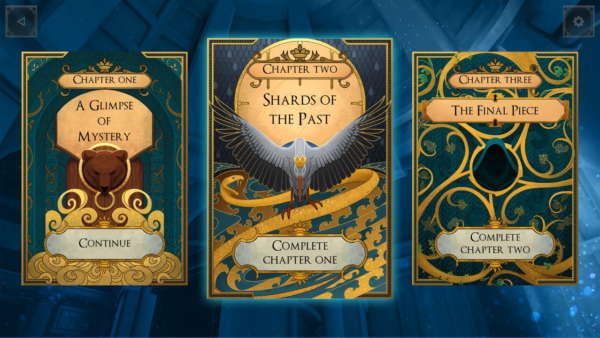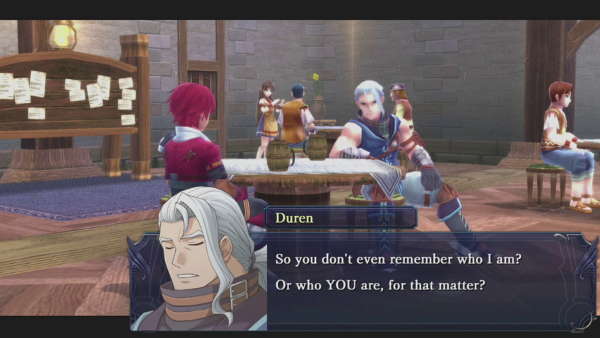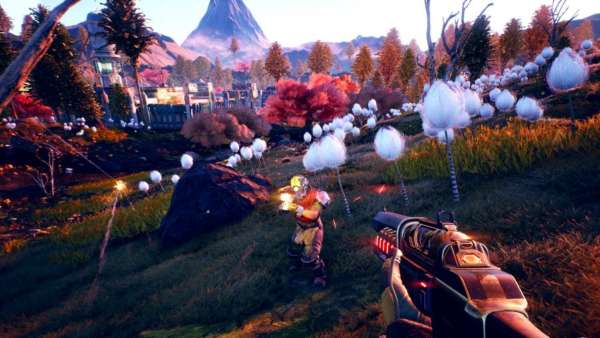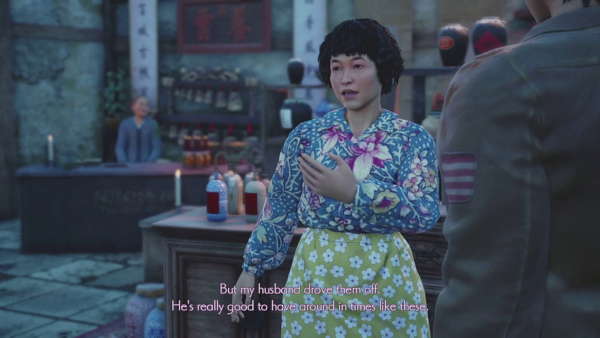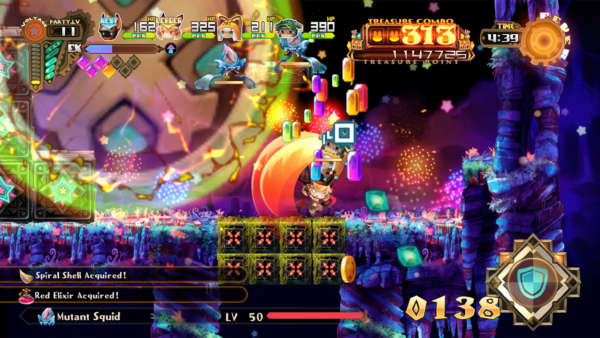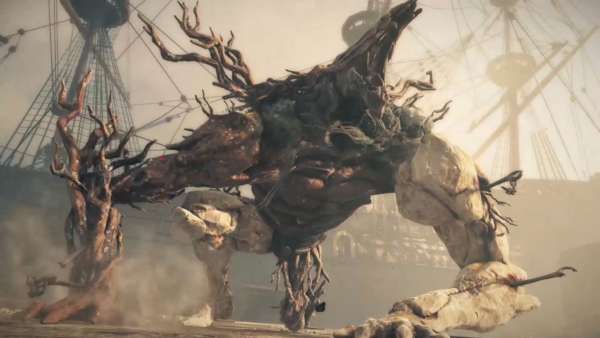Originating from Germany, The Dark Eye is a pen-and-paper RPG that never caught on much elsewhere. In a similar vein to Dungeons and Dragons, this universe shares much of the same fantastical background. Dwarves and Elves despise each other and there is a demonic undead army that hates everyone else. Like most Germanic folktales however, it is a much darker ride and doesn’t shy away from gruesome subject matter. Stories don’t always have happy endings, but does The Dark Eye: Demonicon succeed in creating a gritty RPG that isn’t afraid to get truly dark?
The Dark Eye: Demonicon at first glance hits all the expected notes of a western RPG. You rise up from the life of a dirty commoner to find out you have special powers that mean only you can save the world. Cairon is a simple character who barely appears to have a personality. Bored of being tied down by his over-protective father he wants to escape with his younger sister to a life of freedom. His motivation is like that of a rowdy teenager, constantly unhappy and solving all of their issues by shouting at it loudly enough or with violence. You couldn’t be blamed for feeling like you have played it before. It starts of small and take its time, but it doesn’t tell a tale epic or engaging enough to warrant pacing this slow. Every moment is afflicted with some point that feels forced or padded, weakening the games overall pacing and making the story feel like wading through treacle.
Role-playing games are made or broken on the strength and pull of their lore, and The Dark Eye: Demonicon fails at both points. It is neither gripping, nor does it take the time to explain itself. It is almost as if it doesn’t even care if you understand its universe or not. Instead of easing the player into the mess of names and concepts, it immediately uses a menagerie of words that sound like they came from Dr Suess. A bare-bones opening cut-scene attempts to give some explanation, but it doesn’t lessen the feeling that the game is beating you over your head with its vocabulary of gods, demons and factions. It powers forward with words and terms, and never decides that it would be a good thing to explain what they mean or that context to put them in. It never at puts things in simple, understandable terms before building it up to something grander in scope. I assume this is because the game is aimed at fans of the table-top version, but to outsiders it’s the narrative equivalent of white noise.
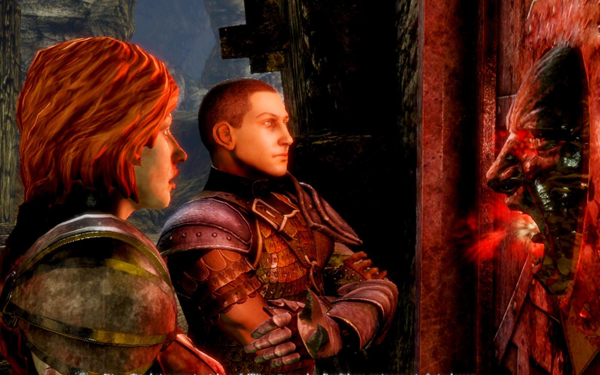
Doors usually Offer The Best Conversation
This may be because of the games poor translation. With each proceeding line, conversations become more and more incomprehensible. The creation of possible conflict and drama is destroyed by unbelievable character reactions, or dialogue that just makes no sense. The story makes just enough of a basic understandable framework to make it apparent just how broken it really is. Eventually you let it wash over you, letting the quest guide give you direction instead of the character interaction drive you forward. This cripples the games moral choices, which aren’t as dark as the premise ever promises. They are the same moral shades of grey we have come to expect from both the Dragon Age and Witcher series, but lacks the ability to make you care about the consequences. Do you kill the cannibal but spell doom for a group of innocents, or let him free and have the civilians live? It doesn’t feel like any of it matters, even though the game is ready to remind you that actions have consequences. These never arrive, and the games one touch of the taboo feels horribly forced and shovelled in for a talking point.
During the games opening hour your sister reveals she loves you, and wants to run away to be with you. Given the terribly translated script it is handled poorly. It is handled with zero tact and the game goes to great lengths to show you how hot she is meant to be. You can of course choose to be with her or not, but choosing to turn her down paints you as the bad guy, rail-roading players into making a very irksome decision that will leave many people feeling uncomfortable and a little dirty. A toucht topic such as this deserves a developer willing to give it the care and attention it needs so say something compelling, not the writing equivalent of a sledgehammer to the temple.
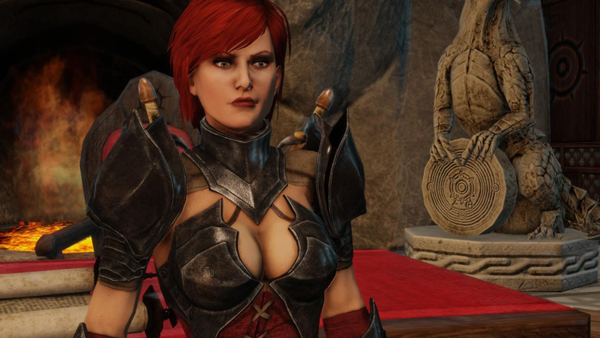
While Every Other Female In The Game Has Plague, Your Sister Is Not A Viable Option
When words can’t fix a problem, combat doesn’t seem like much of an alternative. The Dark Eye: Demonicon follows a jack of all trades, master of none mentality. There is no class selection, instead the game hands you a basic sword, one ability, one spell and tells you to have at it. The basic elements are there, with the ability to parry and a combo system to multiply effects, but there is nothing new and what is there is very fundamental. There is no nuance or flair to the system; each encounter is just one more slog to victory as you use the cumbersome controls to navigate your way around blows.
Boss fights don’t fare much better, throwing basic enemies indefinitely to let you gather the resources to throw the spell they will be weak to. This is also to add to the challenge, with bosses by themselves giving little challenge unless you are boxed in by their smaller counter-parts. Each boss fight boils down to whittling away the biggest guy’s health, while clubbing their friends repeatedly to get some breathing room.
The world is stock western fantasy, from the brown slums to the grey caves, everything is exactly as you would expect it. This is also sadly coupled with rough animations that make navigating the land an ugly experience, which is made laughable by how loud the poor ambient dialogue is. You will quickly grow tired of the man in the slums who curses the gods all day. What makes it even worse is that these snippets of hilarity drown out the surprisingly decent music. Usually understated and very quiet, it fits the tone particularly well, but it can’t make up for the poor voice acting and incomprehensible story.
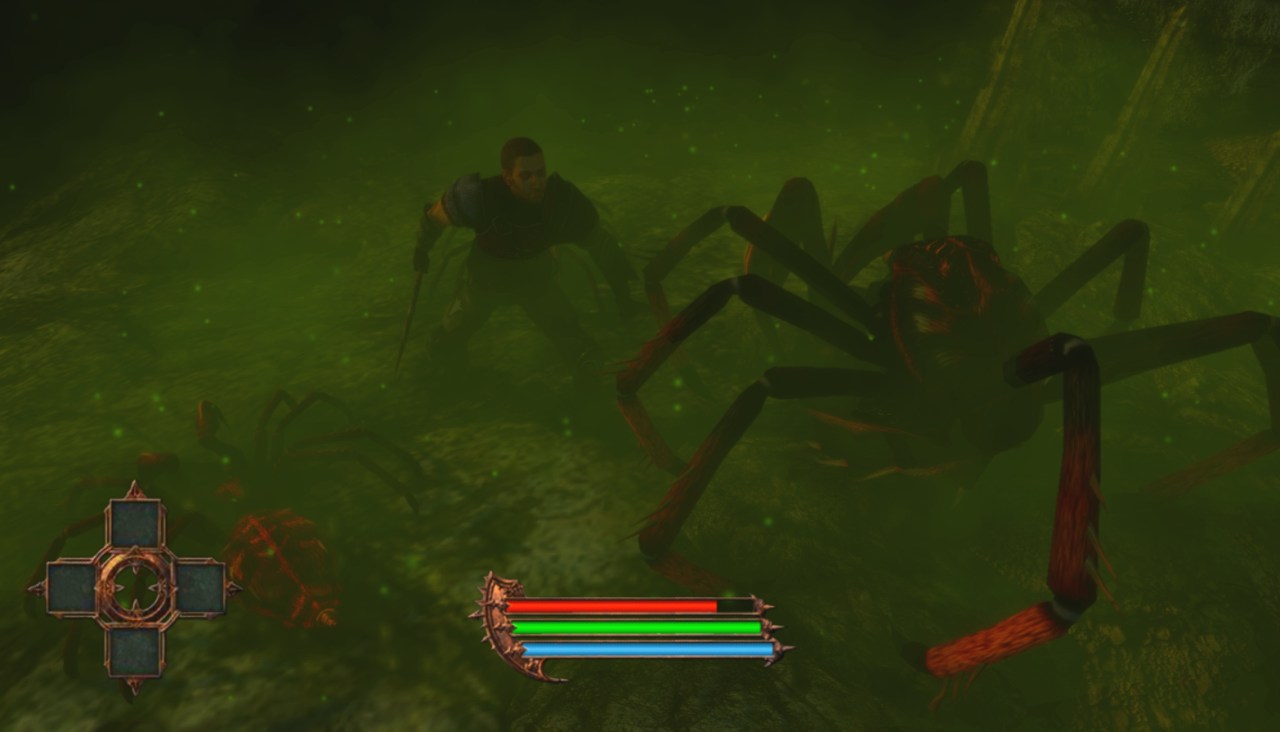
It Always Starts With Giant Spiders
Thankfully the levelling system actually shows some imagination. Instead of being given a level and a skill point, everything you do earns AP or GP to dump into stats and abilities. You can put AP into basic stats and abilities, with some stats affecting surrogate skills as well for a larger cost. It takes some studying to figure out what affects what, but the choice to upgrade what you wish lets you shape Cairon how you want. You can choose to turn him into a towering glacier, or a studious charmer and feels pretty close to slowly filling out a character sheet before a game of D’n’D.
Sadly though, the game doesn’t follow through on the potential this system holds. Opening a locked chest, or picking a rare flower lacks any form of positive feedback. Chests almost never contain any special loot apart from the odd potion, and plants supplement purchasable materials. Demonicon doesn’t give you a sense of achievement for opening a locked chest, or disarming a trap, let alone making it feel worth the points dumped into the relevant skills. These abilities should add flavour to a world and your character, but the results aren’t worth the effort, making a third of all upgrades feel superfluous to the experience when you could just make Cairon stronger.
The Dark Eye: Demonicon does nothing to attempt breaking the mould apart from its unconventional levelling system. The game runs and is relatively bug free, but where Demonicon isn’t disappointingly average, it is dull as dishwater. The lore is too convoluted to save the indecipherable story, and the fights are so tedious it destroys anything that is left to create compelling experience. It is the most basic a western fantasy RPG can be, outdone by games that came out over a decade ago. It would take some serious time and love to make the most of the source material, and that The Dark Eye: Demonicon feels like it lacked both.
